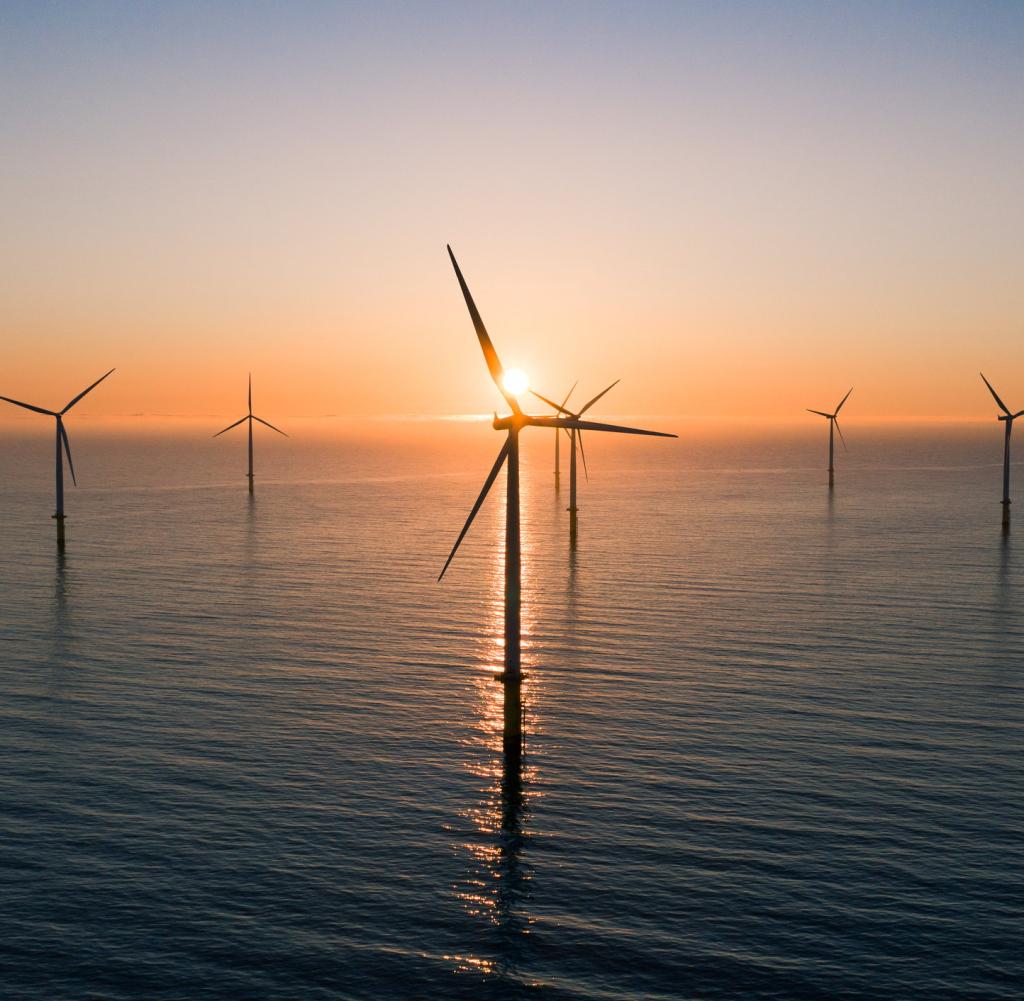Ed Miliband, Energy Minister in the British Labour Shadow Cabinet, describes the project as “top-notch”. “It will reduce electricity and gas bills, it will create good jobs, it will give us energy security and it will tackle the climate crisis.”
Great British Energy (GBE) is the name of the miracle weapon, a state-owned energy company that the Labour Party is promising if, as pollsters expect, it wins the general election on July 4.
Energy policy plays a central role in the “green prosperity plan” in Labour’s election manifesto. The party promises to make Britain an energy superpower, and a significant expansion of renewable energies is expected to create thousands of jobs.
GBE has nothing to do with the plans to nationalise energy companies that Labour formulated five years ago under Jeremy Corbyn, Keir Starmer’s predecessor as party leader. Instead, the new company is to become one of numerous players in the British energy market.
Among other things, it will act as a co-investor to help innovative technologies achieve a breakthrough. Labour cites floating wind turbines, tidal power plants and green hydrogen as examples.
It will help to further develop mature energy sources such as wind, solar and nuclear power. It will also work with city and regional authorities to promote local projects such as solar panels for buildings or wind turbines whose electricity directly benefits a community.
“Britain will once again become an energy superpower, exporting clean power around the world and controlling our economic future,” says Miliband. GBE plays an important role in this, as it does in the party’s aim of meeting interim decarbonisation targets by 2030 if it wins the election.
The ruling conservatives do not want to be ready until 2035 in order to then achieve the legally stipulated net zero emissions by 2050 – and Energy Minister Claire Coutinho calls the GBE idea a “gimmick”.
Details on the exact structure and functioning of GBE are still scarce. But “Labour’s plan for Great British Energy does not mean building a national provider on the scale of [majority state-owned French energy company] EDF,” says Renaud Foucart, lecturer in economics at Lancaster University.
Instead of spending a lot of money on taking over oil and gas production in the North Sea or existing power plants, the aim is to combine various aspects of energy production and distribution under one roof.
The initiative has been met with approval. Support comes from Patrick Vallance, who was the government’s chief scientific adviser until last year. He says that not as much has been done in terms of clean energy as he would think is necessary.
“It’s not such a crazy idea, after all we have partially state-owned companies in the energy sector all over the world,” says Cameron Hepburn, professor of environmental economics at the University of Oxford. In principle, the idea is a welcome step forward.
Thanks to the state ownership structure, the company is likely to have access to cheaper financing, which it could use for projects that would otherwise not materialise. In other cases, GBE could help to significantly accelerate investments.
Floating wind is a good example – a potentially huge market with a largely established technology that may currently seem too risky to some providers.
“Here, one could imagine Great British Energy working in partnership with private providers to build trust that the risks are manageable.” In this way, GBE could become a kind of catalyst for further investments and additional projects.
But Hepburn does not expect quick success. “My concern is that the whole thing will be oversold, especially the prospect of lower energy bills.”
In principle, it is true that the planned measures should lead to lower energy prices. “But this is about long-term investments, and it will take time to reduce costs.”
Especially since financial resources are limited. GBP 8.3 billion (EUR 9.8 billion) are to be made available to GBE over the next five-year legislative period. 3.3 billion of this has already been earmarked for energy projects at regional level, mainly in the field of renewable energy and low emissions.
But this financing could also run into problems, observers warn. Higher special taxes on the profits of oil and gas producers in British North Sea waters are expected to make a significant contribution.
Six billion pounds have been earmarked for this in the party’s election manifesto. But the higher taxes are likely to have a rapid impact on investments, explains Chris Wheaton, an analyst at the investment bank Stifel. “Lower investments will lead to a rapid decline in production – by 2030, significantly fewer barrels of oil will be subject to tax.”
Other sources of funding could open up for GBE. However, the contribution to the Labour Party’s self-imposed targets for reducing emissions will remain manageable. Industry experts at Aurora Energy Research have calculated that the necessary investment in renewable energy sources over the next ten years will be £116 billion.




